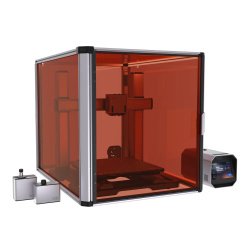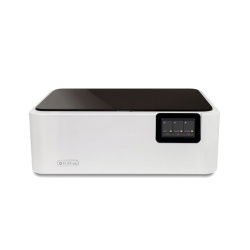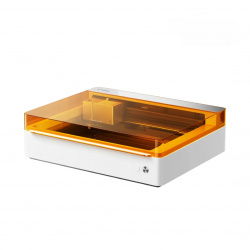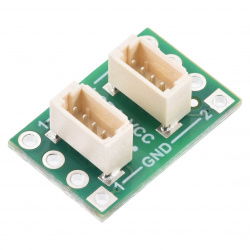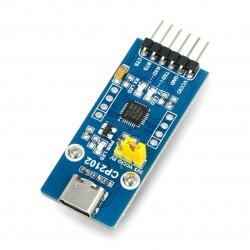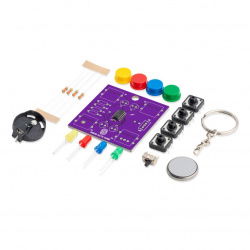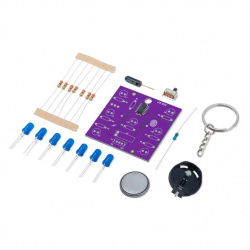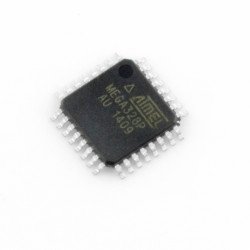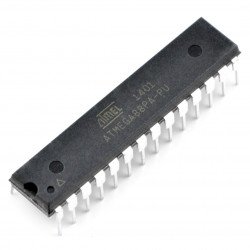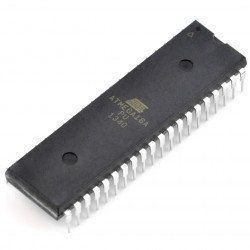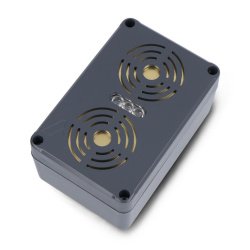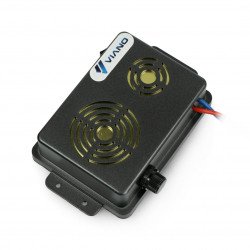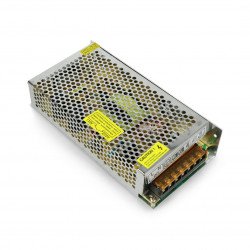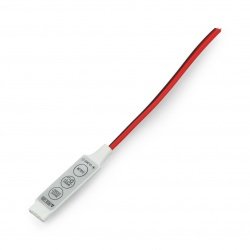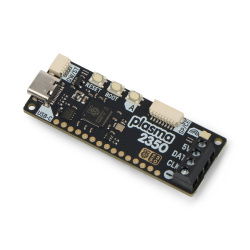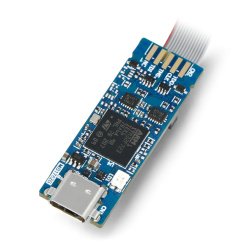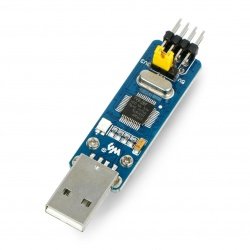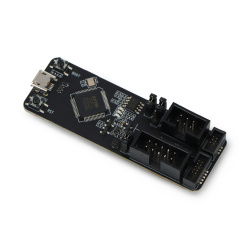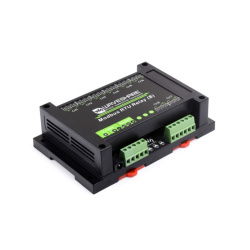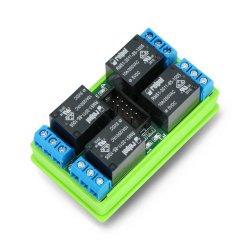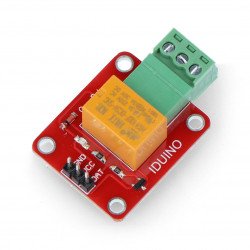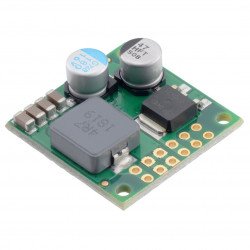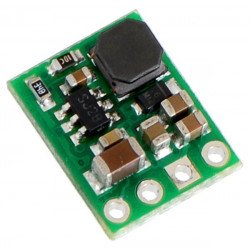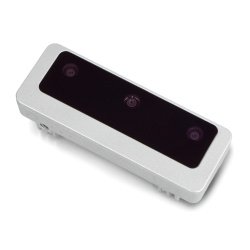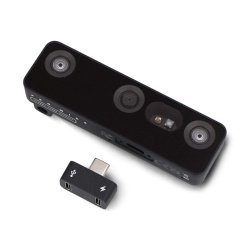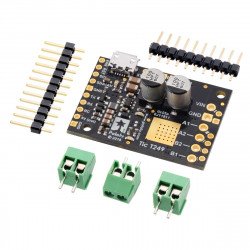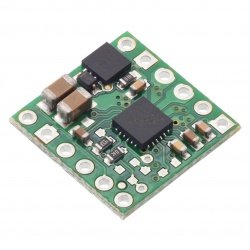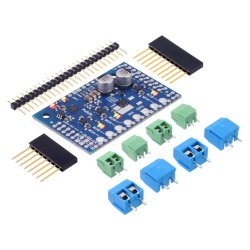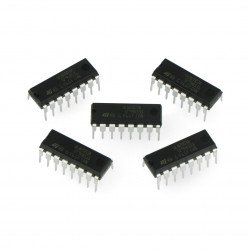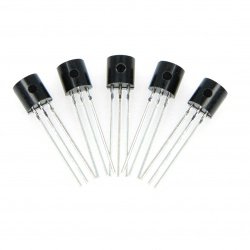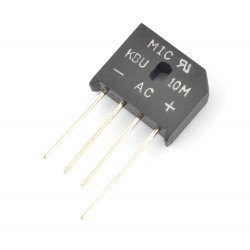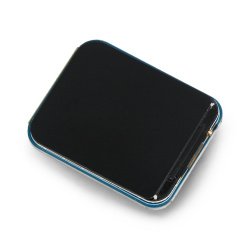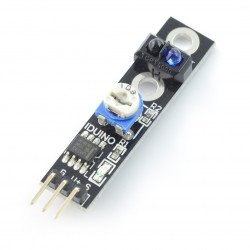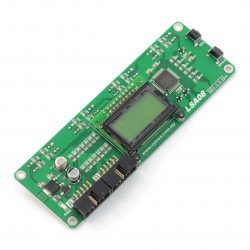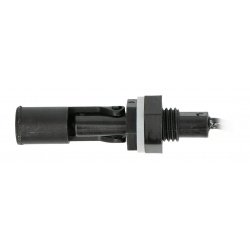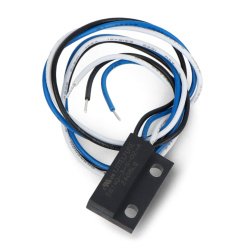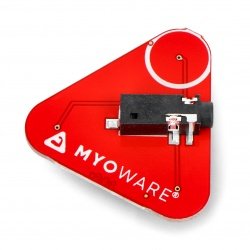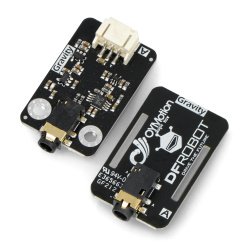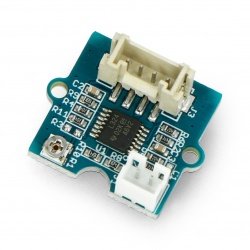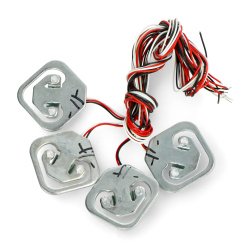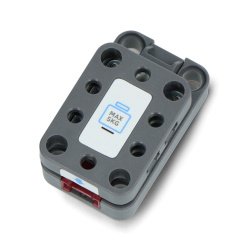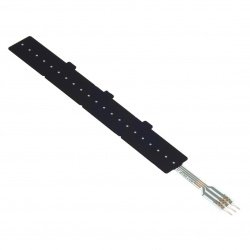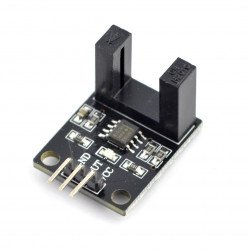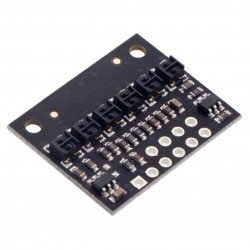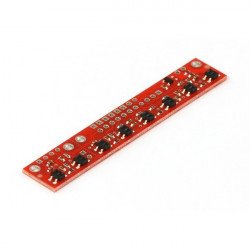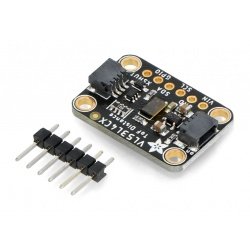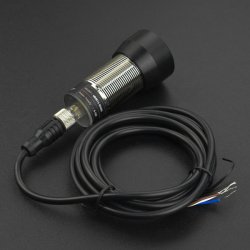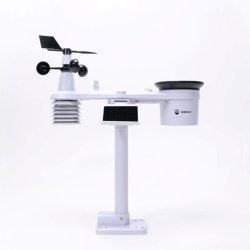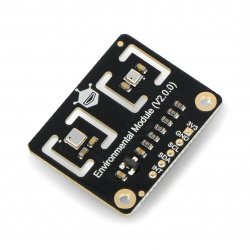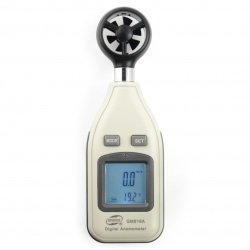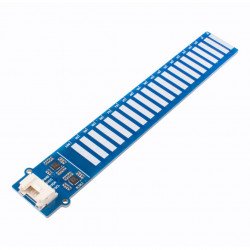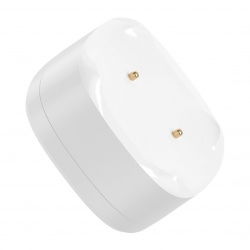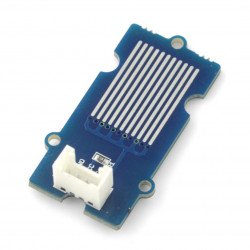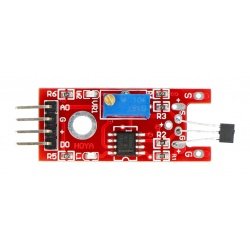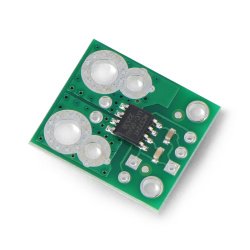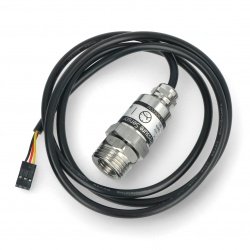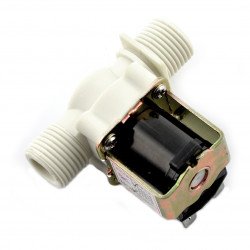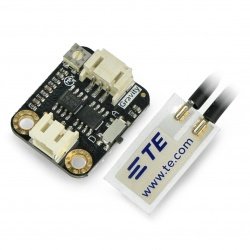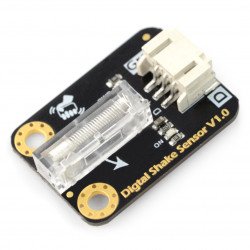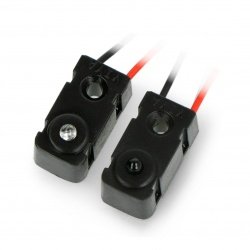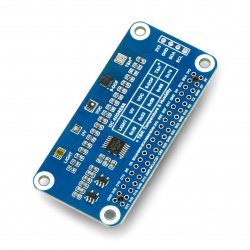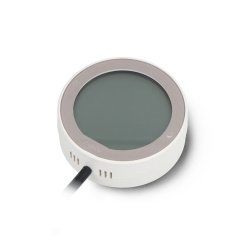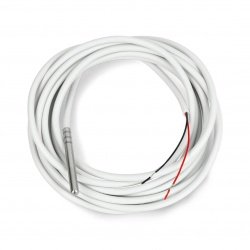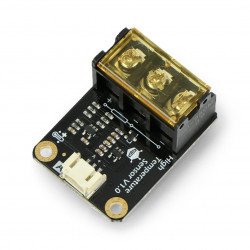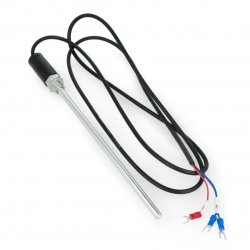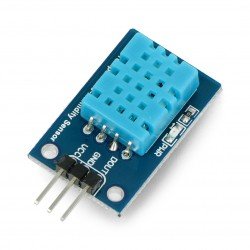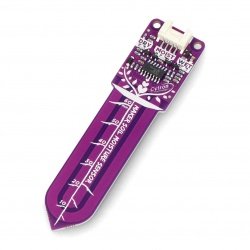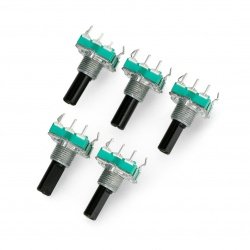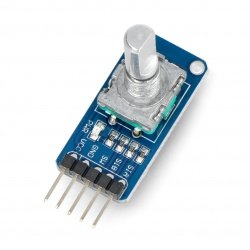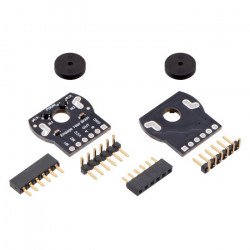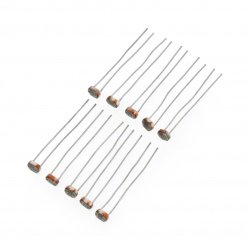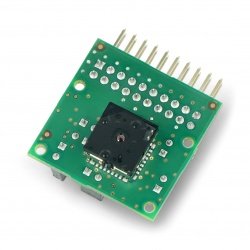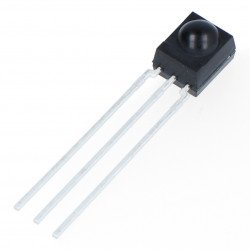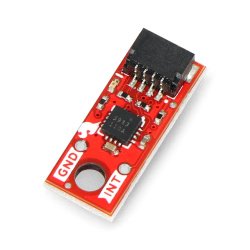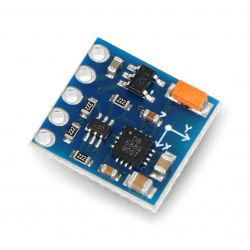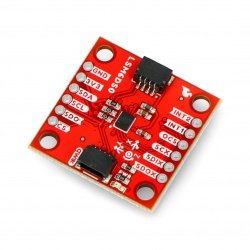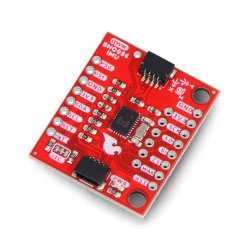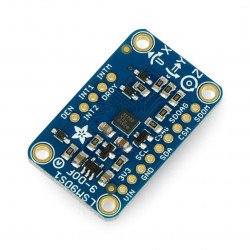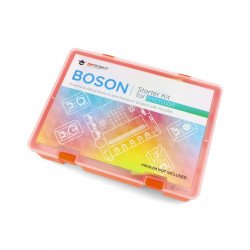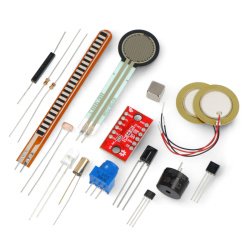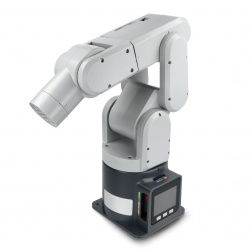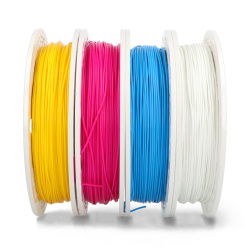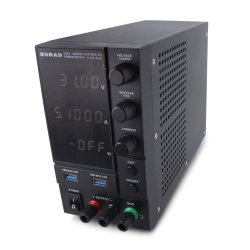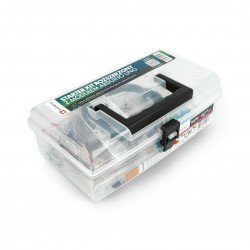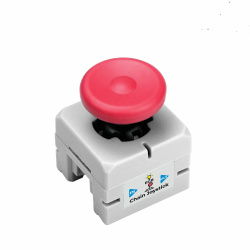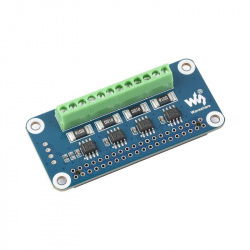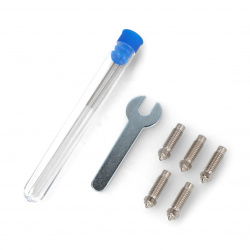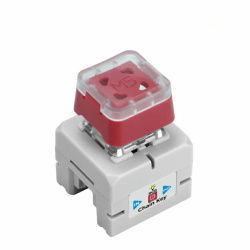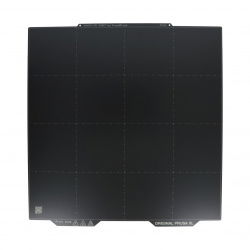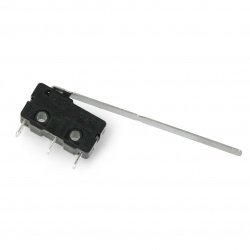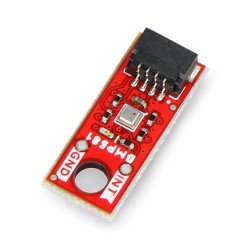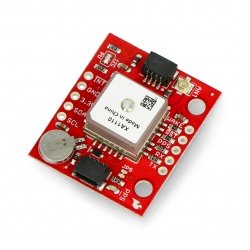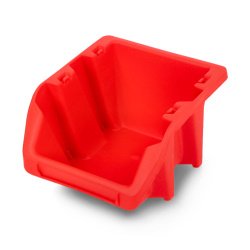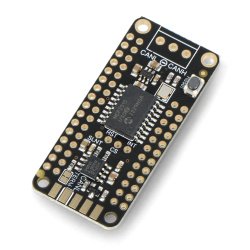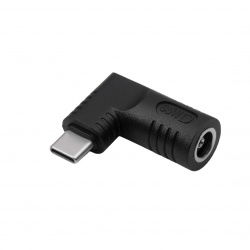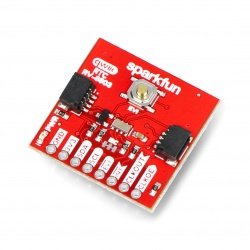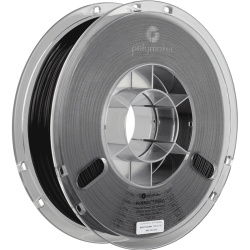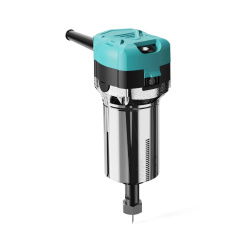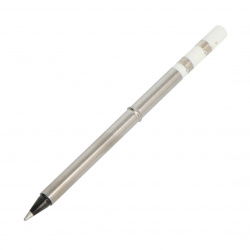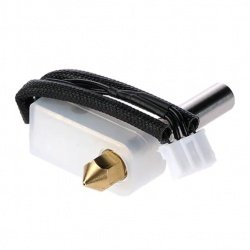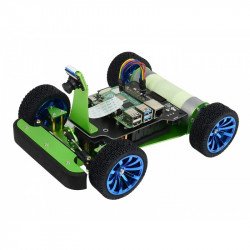Renewable energy sources (RES) are one of the hottest topics in modern energy. The possibility of obtaining the supply voltage from wind, solar or water energy or geothermal sources allows not only to save the rapidly shrinking deposits of natural resources, but also to improve the condition of the natural environment, so far damaged by 200 years of technological development. However, energy harvesting is also useful in even small home devices. Even small devices will be useful both economically for the family budget and good for the environment (an example can be not only photovoltaic installations, but even smart taps and lighting).
- Page
- View all
- 3D print
- Minicomputers
- Electronics
- Sensors
- Robots & mechanics
- Tools & Power Supplies
- Education
- Smart Home
- Others
- 3D PRINTING
- View all
- 3D printers
- Filaments
- Accessories for 3D printers
- Replacement parts for 3D printers
- Creative kits for 3D projects
- Filament dryers
- Postprocessing and filament merging systems
- Resins for 3D printers
- Components for 3D printers construction
- 3D scanners
- 3D Pens
- CNC
- MINICOMPUTERS
- View all
- Raspberry Pi
- Arduino
- Nvidia
- Flipper Zero
- XIAO
- Odroid
- BBC micro:bit
- Other minicomputers
- M5Stack
- ESP32
- PLC drivers
- ELECTRONICS
- View all
- Computer accessories
- Automobile accessories
- Cooling
- Diodes
- Sound and acoustics
- Mounting components
- Passive elements
- Wearables (e-textiles, smart clothes)
- Cameras
- Consoles
- Memory cards & disks
- Communication
- Converters
- Electronics courses
- Microcontrollers
- Animal repellers
- LED lighting
- Programmers
- Relays
- Voltage regulators
- Artificial intelligence
- Motor drivers and servos
- Integrated circuits
- Displays and screens
- More...
- SENSORS
- View all
- Alarm sensors
- Inductive sensors
- Piezoelectric sensors
- 9DoF IMU sensors
- Oxygen sensors
- Pressure sensors
- Twilight sensors
- Door sensors
- Gas sensors
- Optical sensors
- Tilt sensors
- Accelerometers
- Air quality sensors
- Sound sensors
- Gesture sensors
- Inductive contactless sensors
- Grove modules
- Gravity modules
- Limit switches
- Sensors of light and color
- Magnetic sensors
- Medical sensors
- Pressure sensors
- Sensors odbiciowe
- Distance sensors
- Weather sensors
- Liquid level sensors
- Current sensors
- Flow sensors
- Motion sensors
- Temperature sensors
- PT100 temperature probes
- Humidity sensors
- Fingerprint readers
- Encoders
- Hall effect sensors
- Photoresistors
- RPM sensors
- Phototransistors
- IR receivers
- Magnetometers
- Resistance sensors
- Gyros
- Sensor sets
- More...
- TOOLS AND POWER SUPPLIES
- View all
- Tools
- Soldering
- Power supply
- Oscilloscopes
- Measuring instruments & devices
New products
- New
Promotion products
- Sale
- Sale
- Sale
- Sale
CAN Bus Module - MCP2515 - SPI - hat for Feather - Adafruit 5709
- Reduced price
- Sale
- Reduced price
- Sale
- Sale
- Sale
- Reduced price
- Sale
- Reduced price
- Sale
Power generators
See also
How does a water turbine work as an electric generator?
The principle of operation of a water turbine is analogous to the operation of a bicycle dynamo or a wind turbine, but in this case the kinetic energy of water masses moving the turbine blades is converted into electricity. The turbine is coupled to a generator - a generator, with a structure somewhat similar to a DC motor. The rotation of the rotor induces a voltage in the generator windings with a value proportional to the current water flow speed (expressed in liters per minute - l/min). Small power generators are an excellent source of electricity in places where it would be difficult to supply mains power, and it could even pose a threat to health or life (risk of electric shock, e.g. in the event of possible insulation damage). The power generator can be used, among others, for charging batteries, and also as an emergency power supply during power outages.
Potential applications of power generators
The power generators available in our offer can be safely used in many interesting applications, including educational applications. Nothing stimulates the imagination better than experiments. With the help of a small, low-voltage power generator, you can easily and vividly show children how systems work to recover energy from various phenomena - in this case, the movement of water. Another, more practical application will be all kinds of intelligent solutions in the hydraulic installation. A smart tap that measures water flow and warns about excessive water consumption or detects the need to turn on the water flow? Or maybe intelligent shower cabin lighting or a radio that turns on automatically when you turn on the water in the cabin? There are many possibilities, and their implementation depends only on the designer's imagination. An electric generator can be the perfect solution for many different projects. This type of device safely supplies the electricity we use every day.
Power generators available at the Botland store
Our offer includes two models of water power generators. The simplest of them - SEN0229 from DFRobot - offers an output voltage of 5 V (at a flow of 4l/min) and a maximum current of up to 150 mA. The working pressure can be up to 1 MPa. The generator provides a stabilized output voltage, which greatly facilitates integration with the powered system, e.g. (emergency power supply). Another interesting module is a water power generator with a 250 mAh lithium-polymer battery. The built-in battery allows the system to be powered when the flow through the turbine chamber is too low to provide enough energy to power the associated system.
Our store's assortment also includes AVR voltage stabilizers intended for power generators equipped with, for example, a gasoline engine. A properly functioning generator is perfect for, among others: during a power outage. In addition, power generators are used in places where there is no free access to electricity. So which generator should you choose? First of all, you should pay attention to its power and the presence of a voltage stabilization system.
Power generators - FAQ
A power generator is a device that converts mechanical energy (e.g. the operation of an internal combustion engine, the energy of flowing water or the force of human muscles) into electrical energy. It uses the phenomenon of magnetic induction for this purpose.
Power generators with internal combustion engines , e.g. gasoline or diesel, are most often used. When choosing a device, pay attention to the parameters offered, such as output voltage and power, single- or three-phase, fuel tank capacity and available terminals.




